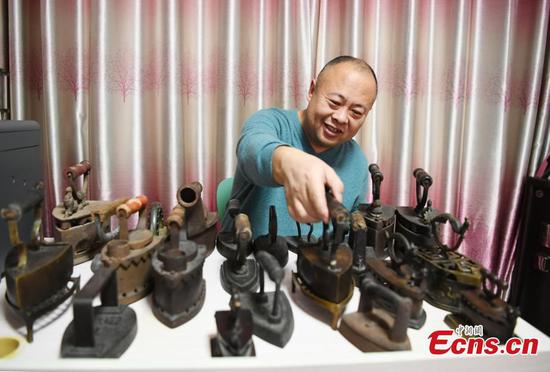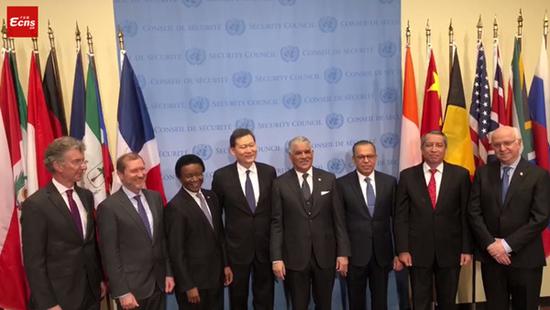Several ministry-level departments, including the Ministry of Education, the National Health Commission and the National Development and Reform Commission, have responded recently to issues of public concern.
Independent enrollments by universities under stricter control
Universities must adopt stricter rules when enrolling students independently to ensure equality and fairness, the Ministry of Education said in a notice on Friday.
It said universities must avoid overreliance on criteria such as research papers, patents and results in competitions organized by intermediary organizations as qualifications. They are also required to reduce quotas for students admitted through independent enrollment procedures.
Universities must establish special expert groups to carefully scrutinize applications, conduct stricter reviews of submitted material, and make enrollment procedures more transparent.
The ministry also vowed strict punishment for those violating the rules, including students and school officials, in line with laws and regulations.
The practice of independent enrollment by universities was introduced more than a decade ago as an alternative to the national college entrance exam. Tests of a student's academic ability and personality are usually required. This year, universities will start the independent enrollment process in March, the ministry said.
Listing of generic drugs designed to encourage research and production
A list of generic drugs will be announced before the end of June as part of efforts to encourage pharmaceutical companies to step up production and research, according to a work plan jointly issued on Wednesday by 12 government departments, including the National Health Commission.
The list will be updated at the end of every year, starting from 2020.
Key generic technologies of major chemical and biological medicines on the list will be incorporated into national plans for research and development.
The plan also promised to prioritize the approval of generic drugs on the list and ensure they have the same quality and effectiveness as their branded counterparts.
Approvals for private medical institutions to be simplified
The approval procedures for private sector investors wanting to open medical institutions will be further simplified, according to a notice issued on Wednesday.
The notice, jointly issued by nine departments, including the National Development and Reform Commission, is aimed at further optimizing approval procedures for the opening of medical institutions by private capital and creating a more enabling environment.
The notice includes a list of approval items and procedures for those in the private sector seeking to open medical institutions.
As part of the simplified approval items, private medical institutions covering areas below 300 square meters or with investments lower than 300,000 yuan ($43,700) will be exempted from complex approval procedures for firefighting facilities.
Mobile device apps in schools must meet standards and be approved
The Ministry of Education has urged education authorities and schools nationwide to establish daily supervision to ensure that mobile device apps used by schools meet relevant standards.
The ministry said in a notice published on Wednesday that details of the content, links, functions and information security of apps must be strictly reviewed and submitted to higher education authorities for approval.
The notice warned schools against using apps to increase the course load for students, and said educational apps used by students on campus should be free of charge.
Apps not filed with and approved by the education authorities are forbidden from being used by schools.


















































